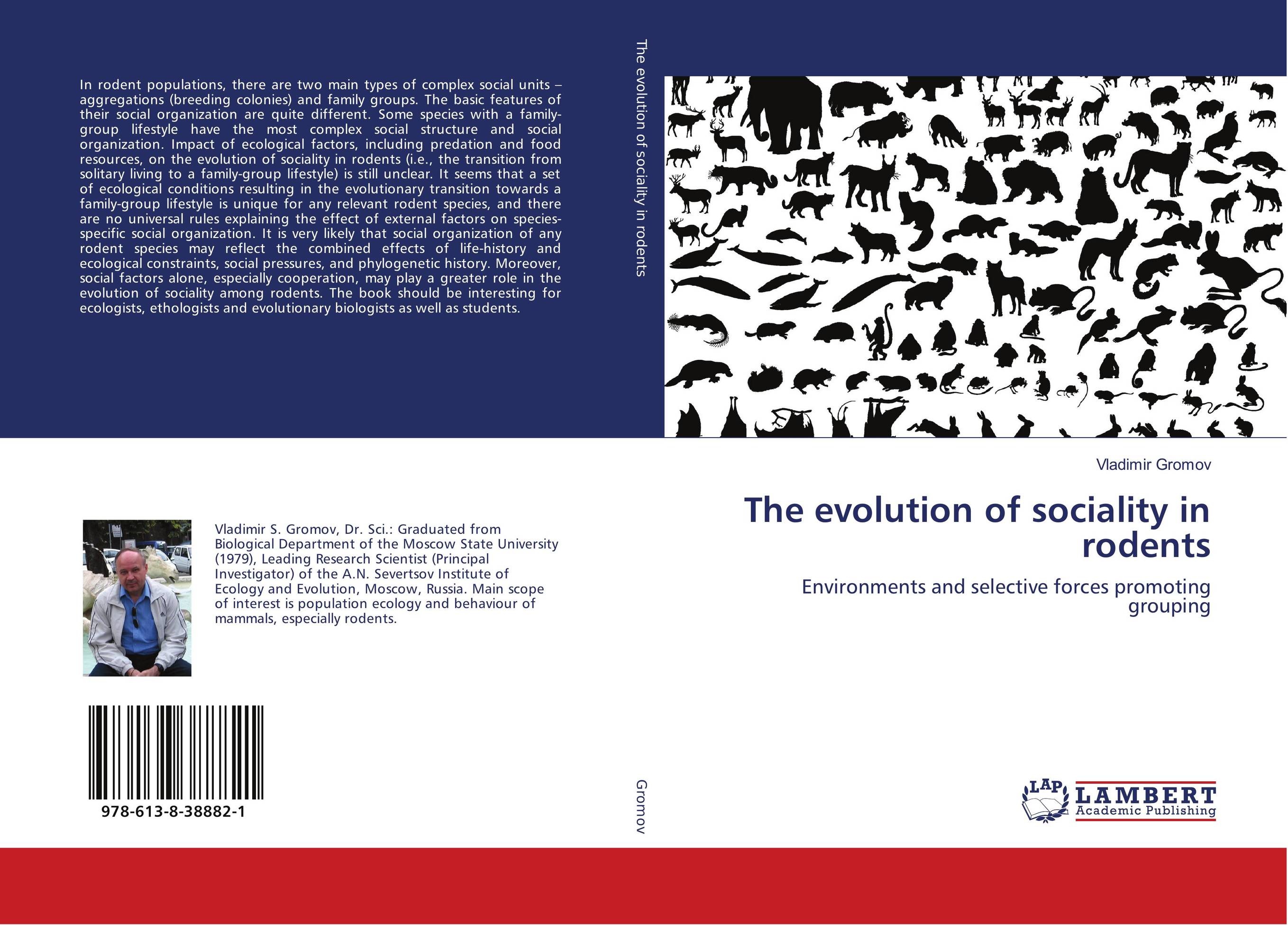| Поиск по каталогу |
|
(строгое соответствие)
|
- Профессиональная
- Научно-популярная
- Художественная
- Публицистика
- Детская
- Искусство
- Хобби, семья, дом
- Спорт
- Путеводители
- Блокноты, тетради, открытки
The evolution of sociality in rodents. Environments and selective forces promoting grouping

В наличии
| Местонахождение: Алматы | Состояние экземпляра: новый |

Бумажная
версия
версия
Автор: Vladimir Gromov
ISBN: 9786138388821
Год издания: 2018
Формат книги: 60×90/16 (145×215 мм)
Количество страниц: 172
Издательство: LAP LAMBERT Academic Publishing
Цена: 32995 тг
Положить в корзину
| Способы доставки в город Алматы * комплектация (срок до отгрузки) не более 2 рабочих дней |
| Самовывоз из города Алматы (пункты самовывоза партнёра CDEK) |
| Курьерская доставка CDEK из города Москва |
| Доставка Почтой России из города Москва |
Аннотация: In rodent populations, there are two main types of complex social units – aggregations (breeding colonies) and family groups. The basic features of their social organization are quite different. Some species with a family-group lifestyle have the most complex social structure and social organization. Impact of ecological factors, including predation and food resources, on the evolution of sociality in rodents (i.e., the transition from solitary living to a family-group lifestyle) is still unclear. It seems that a set of ecological conditions resulting in the evolutionary transition towards a family-group lifestyle is unique for any relevant rodent species, and there are no universal rules explaining the effect of external factors on species-specific social organization. It is very likely that social organization of any rodent species may reflect the combined effects of life-history and ecological constraints, social pressures, and phylogenetic history. Moreover, social factors alone, especially cooperation, may play a greater role in the evolution of sociality among rodents. The book should be interesting for ecologists, ethologists and evolutionary biologists as well as students.
Ключевые слова: Cooperation, Environmental factors, Evolution, rodents, social factors, sociality



